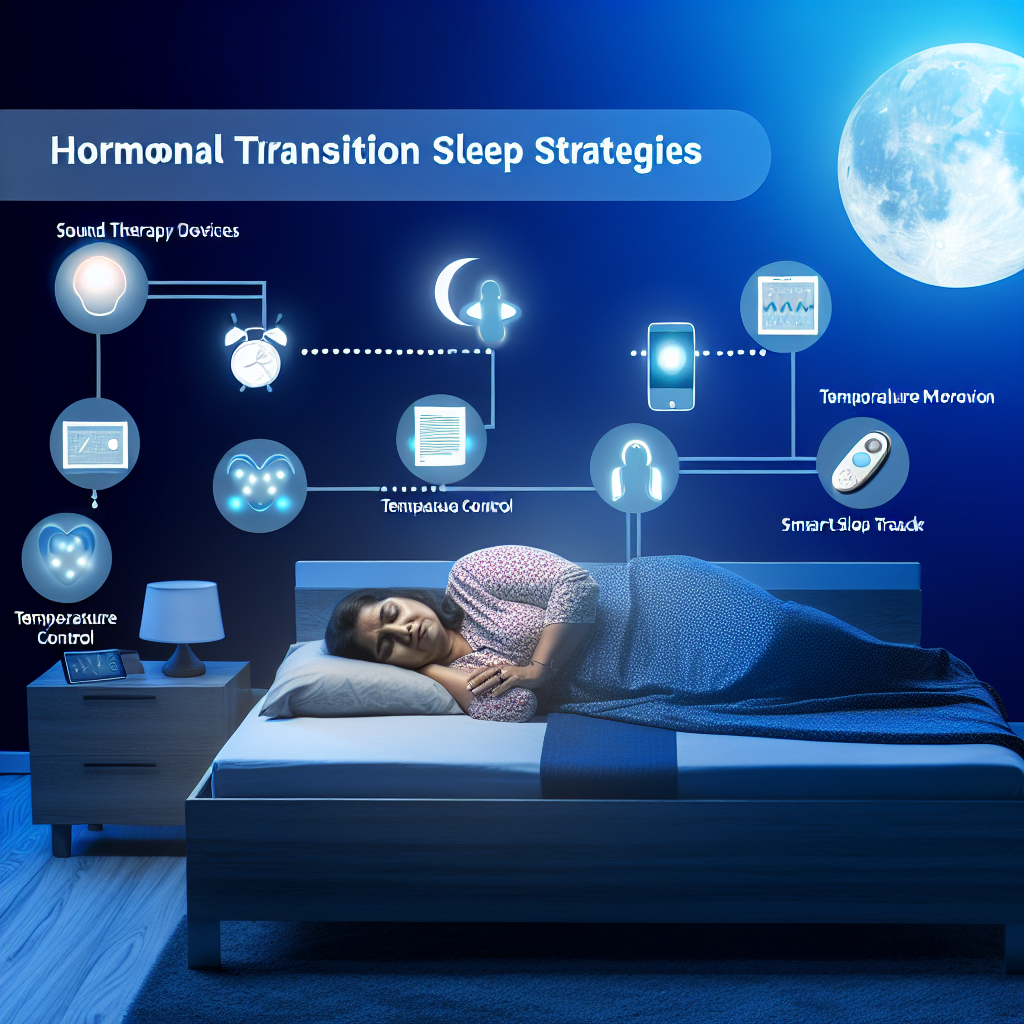Sleep-Enhancing Foods: Clinical Research Review 2024
Introduction
Sleep is the cornerstone of our well-being. It impacts virtually every aspect of health, from brain function to immunity, cardiovascular health, and emotional resilience. While lifestyle changes, stress management, and sleep hygiene often form the bedrock of advice for better sleep, there’s a growing spotlight on the role diet plays. One emerging area of interest involves sleep-enhancing foods—those that naturally promote relaxation, reduce nighttime disturbances, and help you achieve deeper, restorative sleep.
Features
Tart Cherries: Nature’s Melatonin Booster
Tart cherries, such as Montmorency cherries, have emerged as a natural dietary aid for sleep. Clinical studies have found that this fruit is one of the few natural sources of melatonin, a hormone that regulates sleep-wake cycles.
Fatty Fish: Omega-3s and Vitamin D for Serotonin Production
Fatty fish like salmon, mackerel, and tuna are rich in omega-3 fatty acids and vitamin D, both of which can influence serotonin production.
Kiwi Fruit: A Serotonin and Antioxidant Powerhouse
Kiwi fruit is an outstanding example of how serotonin-rich foods can potentially enhance sleep quality.
Magnesium-Rich Foods: Almonds, Walnuts, and Pumpkin Seeds
Several foods high in magnesium—like almonds, walnuts, and pumpkin seeds—have been identified as sleep-promoting due to their role in regulating neurotransmitters that calm the nervous system.
Herbal Teas: The Timeless Sleep Remedy
Herbal teas, especially chamomile and valerian root, are long-touted remedies for poor sleep, and recent research confirms their efficacy.
Conclusion
As 2024 ushers in new scientific findings, the connection between diet and sleep has never been clearer. Foods rich in essential nutrients like melatonin, tryptophan, magnesium, omega-3 fatty acids, and antioxidants are showing immense promise as non-invasive interventions for enhancing sleep health.
Summary:
The article explores the connection between diet and sleep, highlighting various foods that can naturally promote relaxation, reduce nighttime disturbances, and improve sleep quality. It delves into the scientific evidence behind tart cherries, fatty fish, kiwi fruit, magnesium-rich foods, and herbal teas, and their ability to influence melatonin production, neurotransmitter activity, and circadian rhythm regulation. The article emphasizes the potential of these sleep-enhancing foods as non-invasive interventions to support overall sleep health.
References:
1. [European Journal of Nutrition](https://link.springer.com/article/10.1007/s00394-018-1631-0) – Tart cherry juice effects on sleep duration and quality in insomnia.
2. [Scientific Reports](https://www.nature.com/articles/s41598-017-09559-3) – Role of omega-3 fatty acids and vitamin D in sleep improvement.
3. [Advances in Nutrition](https://academic.oup.com/advances/article/7/6/1022/4558129) – Effects of kiwi consumption on sleep quality and duration.
4. [Nutrients](https://www.mdpi.com/journal/nutrients) – Review on magnesium’s role in alleviating insomnia and anxiety.
5. [Phytomedicine](https://www.sciencedirect.com/science/article/abs/pii/S0944711321000553) – Chamomile tea intervention and reported sleep improvements.
6. [Sleep Medicine Reviews](https://www.smrv-journal.com/article/S1087-0792(17)30041-X/fulltext) – Meta-analysis of valerian root on sleep disorders.

Dominic E. is a passionate filmmaker navigating the exciting intersection of art and science. By day, he delves into the complexities of the human body as a full-time medical writer, meticulously translating intricate medical concepts into accessible and engaging narratives. By night, he explores the boundless realm of cinematic storytelling, crafting narratives that evoke emotion and challenge perspectives.
Film Student and Full-time Medical Writer for ContentVendor.com




